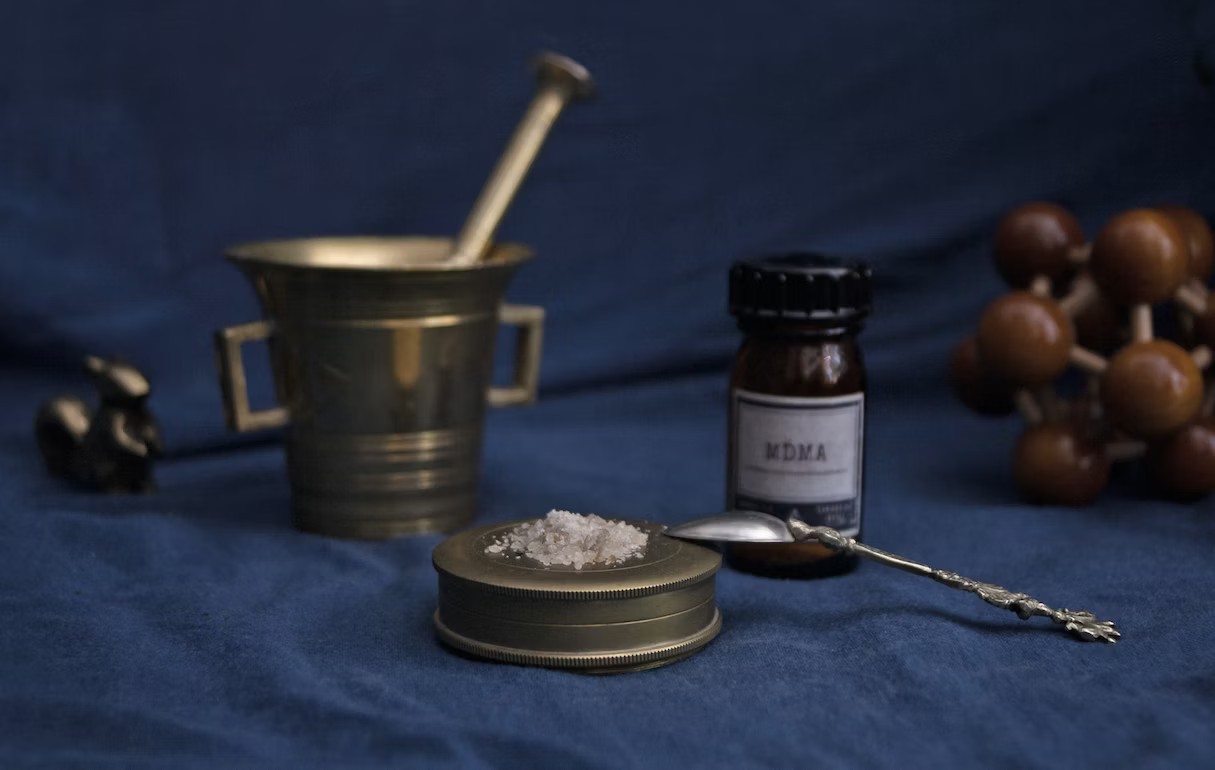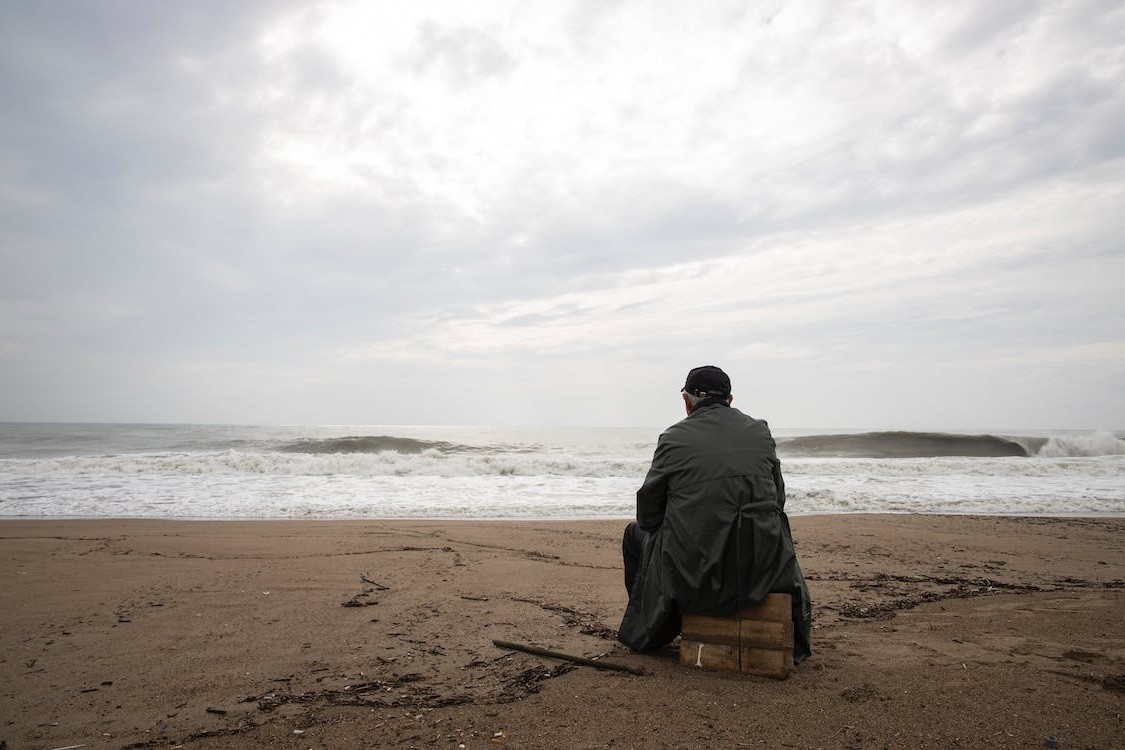Allen Carr, renowned for his approach towards understanding addiction, always emphasized the importance of altering perceptions. Rather than viewing addiction as a life sentence, he believed in considering it as a symptom — a manifestation of deeper issues, which can be addressed and rectified. In this light, if you or someone you know struggles with cocaine addiction in South Africa, it’s crucial to understand that barriers to treatment can be surmounted with the right perspective.
You see, for many South Africans, the very first hurdle is often acknowledging the addiction. With societal taboos and stigmas around drug use, it’s understandable that admitting to a problem is challenging. However, as Allen Carr remarked, “The first step to becoming free is to see that the prison isn’t locked.” Recognizing the issue is the first step to unlocking a brighter future.
But, after admitting the need for help, many face the economic challenges of seeking treatment. South Africa, with its vibrant cultures, also grapples with economic disparities. While some rehabilitation services can be costly, it’s imperative to remember Nelson Mandela’s words: “It always seems impossible until it’s done.” There are numerous NGOs, community initiatives, and even state facilities offering affordable or free treatments tailored to the diverse communities found across the nation.
Fear of Judgment
Cocaine addiction, while prevalent, often stays hidden due to the shadows of prejudice. Carr often emphasized shifting perceptions. Instead of fearing external judgment, focus on the liberation and clarity awaiting you post-recovery. Remember the words of Desmond Tutu: “Don’t raise your voice, improve your argument.” In the context of addiction, it means educating those around you about the nature of addiction and actively challenging misconceptions.
The physical and emotional toll of withdrawal often discourages many from seeking treatment. But, mirroring Carr’s philosophy, view this not as an insurmountable challenge but as a temporary phase leading to lasting freedom. Reassuringly, there are numerous methods, both medical and holistic, available within South Africa that can ease this process.
While barriers to accessing cocaine addiction treatment exist, with the right mindset and resources, they are not insurmountable. Like the diverse and resilient spirit of South Africa, with support, determination, and the right perspective, you can overcome these challenges and embark on a journey towards a healthier, addiction-free life.
Navigating the path of overcoming barriers to accessing treatment for cocaine addiction is not just a personal journey; it has societal implications that can shape the future landscape of addiction and recovery, especially in South Africa.
By you or your loved one taking the initial steps to break through these barriers, you’re also setting a precedent for others to follow. Every person who seeks treatment and shares their story becomes a beacon of hope and a testament that recovery is achievable. This can lead to more open discussions about addiction, breaking down stigmas and making it easier for the next individual to seek help. Over time, as more people begin to view addiction as a treatable symptom rather than a character flaw, there could be a significant shift in public perception.
Economic Benefits are Noteworthy
Every individual who successfully undergoes treatment becomes a potential contributor to the economy. Instead of resources being diverted to combat the consequences of addiction – like crime, unemployment, and health complications – they can be channeled into areas like education, infrastructure, and community development.
Additionally, by addressing and working to eliminate the barriers to treatment, there’s a chance that the demand for such treatments will increase, leading to advancements in rehabilitation methods and practices. This could spur innovation in the field, perhaps resulting in more effective, affordable, and accessible treatment options in South Africa. It could also pave the way for government policies that prioritize addiction treatment, understanding its long-term benefits for the individual and society.
As you and others continue to challenge and overcome these barriers, there’s potential for a more inclusive and understanding society. A community where addiction is met with empathy rather than judgment is one that promotes healing and unity. Over time, this could lead to stronger community bonds, reduced crime rates, and an overall healthier societal fabric.
By tackling the challenges head-on, you’re not just changing your future or that of your loved one; you’re also playing a role in shaping a brighter future for countless others and the nation as a whole. As the famous African proverb goes, “If you want to go fast, go alone. If you want to go far, go together.” Your journey towards recovery is indeed a step towards a collective brighter future.
Breaking through the barriers to access treatment for cocaine addiction is more than just a matter of personal health and well-being. It’s about reclaiming your life, restoring relationships, and realizing your full potential. But beyond these immediate benefits, by choosing to overcome these obstacles, you’re taking a profound step in setting the stage for a lifetime of recovery and positive transformation.
Imagine a life free from the shackles of addiction, where every morning you wake up with a clear mind and a renewed sense of purpose. By seeking treatment, you’re giving yourself the chance to experience life in all its richness and beauty, free from the fog and weight of addiction. This isn’t just about the immediate detox or the initial stages of sobriety. Overcoming these barriers can set you on a path of continuous personal growth, where every challenge you face becomes an opportunity for learning and strengthening your resolve.
But there’s more to it. It’s not just about you. Your decision to seek help has a ripple effect. Your family, friends, and community can begin to heal alongside you, restoring broken relationships and rebuilding trust. By addressing your addiction, you become a beacon of hope for others who are struggling, showing them that recovery is possible and within reach. Your journey can inspire and motivate others to take that crucial first step, thus propagating a chain of recovery.
Remember, in the context of lifelong recovery, seeking treatment isn’t an endpoint but a beginning. It’s the start of a journey where you continuously discover new strengths, passions, and potentials within yourself. It’s a journey where setbacks become setups for comebacks, and every day offers the promise of growth and renewal.
In the wise words of Robert Frost, “The best way out is always through.” Facing your addiction head-on and actively working to overcome the barriers to treatment is the most direct route to a fulfilling, addiction-free life. Embrace the challenge, seek the support you need, and set out on this transformative journey. The rewards, both immediate and long-term, are well worth the effort.




